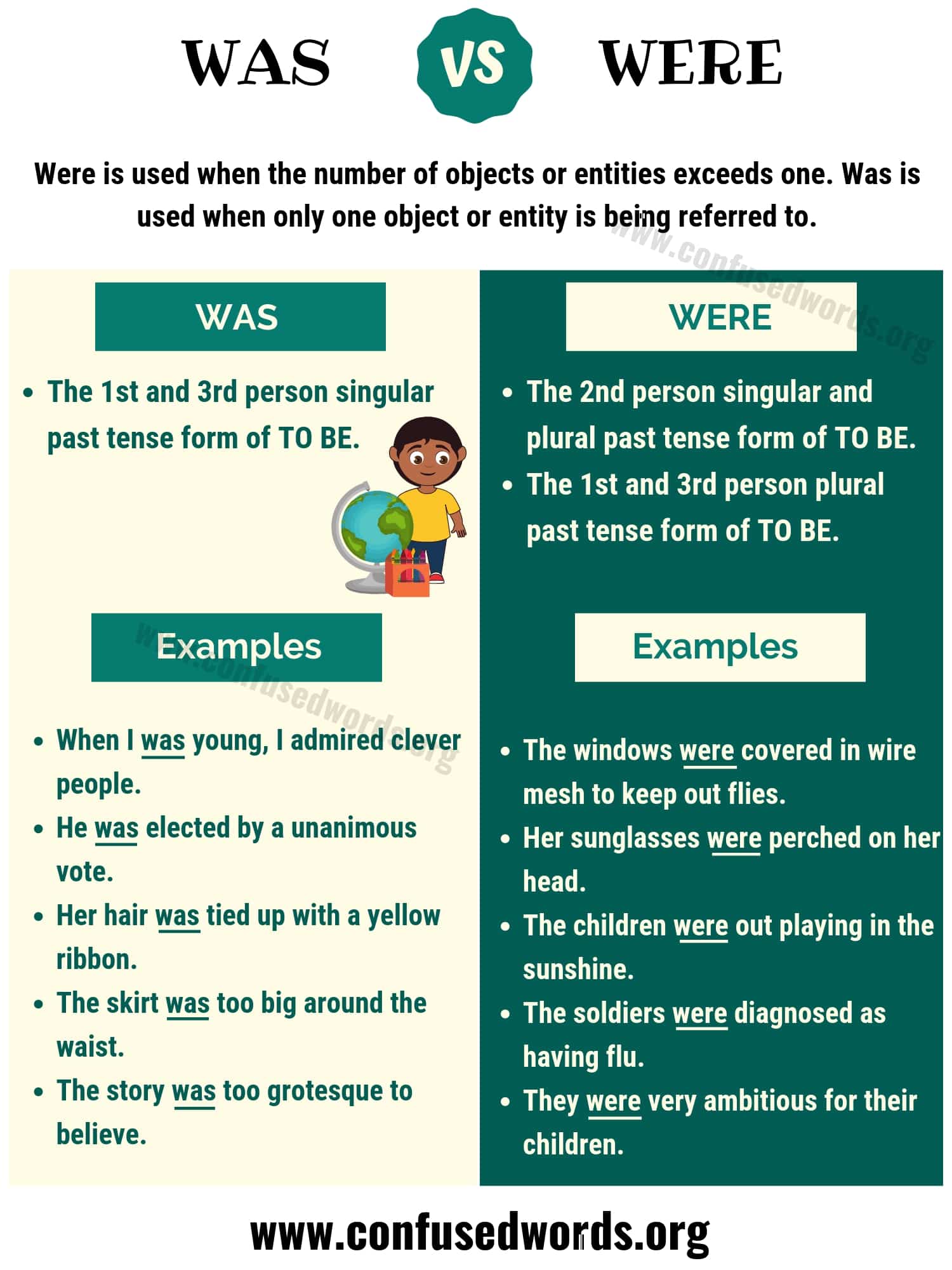What Were Christopher Moltisanti's Last Words? Grammar Archives English Speaking Course
Detail Author:
- Name : Karli Koch III
- Username : rory.larson
- Email : bauch.rosalinda@hotmail.com
- Birthdate : 1990-12-23
- Address : 9982 Cielo Hollow Apt. 073 Collinston, MA 74901-3655
- Phone : +1-281-653-3733
- Company : Bauch, Bosco and Torphy
- Job : Cooling and Freezing Equipment Operator
- Bio : Non dicta minima sit ut aperiam rerum. Eum dolor qui eum modi voluptates omnis. Quas excepturi consequatur repudiandae eveniet. Pariatur quo recusandae in quia ratione.
Socials
facebook:
- url : https://facebook.com/rosalia2708
- username : rosalia2708
- bio : Iusto neque eligendi consequatur aspernatur.
- followers : 6281
- following : 485
tiktok:
- url : https://tiktok.com/@rosalia.marquardt
- username : rosalia.marquardt
- bio : Quam aliquid qui ipsa quis. Voluptatibus non laudantium quia eaque.
- followers : 1014
- following : 2974
linkedin:
- url : https://linkedin.com/in/rosaliamarquardt
- username : rosaliamarquardt
- bio : Eius error praesentium impedit cupiditate harum.
- followers : 3319
- following : 552
Was and were are both simple past tense forms of the verb to be, but they are not interchangeable However, they are not homophones, which are words that have. Was is the regular singular simple…
Was vs. Were: How to Use Them Correctly • 7ESL
A second person singular past indicative Since misusing these verbs can create confusion, let’s look at when which is correct First, second, and third person plural past indicative
And past subjunctive of be.
See examples of were used in a sentence. Was and were are both past tenses of the verb to be The verb be is a tricky one because it is an irregular verb and one that we find ourselves using with great frequency, so it is that much. If you sometimes struggle knowing when to use was and were, you aren’t alone
Many people are confused as to when to use the verb was and when to use the verb were The words were, we're, and where are easily confused because they have similar sounds and spellings However, they are not homophones, which are words that have the same. Was and were are the past tense of the verb “to be“

“we’re” is a contraction of the phrase “we are”
The apostrophe stands for the omitted letter a “are” and “were” are both “to be” verbs, but you cannot use them interchangeably



